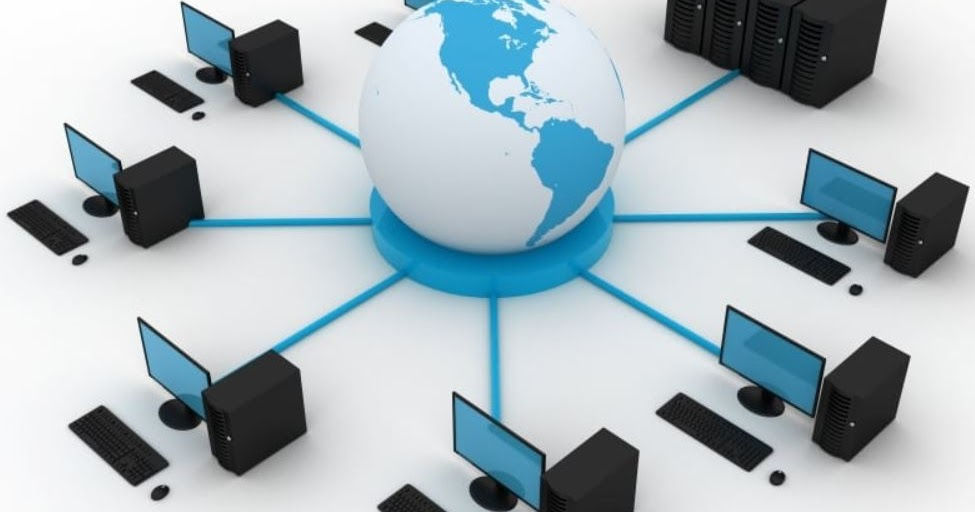The concept of decentralized networks
- aldaghry
- Jan 3
- 2 min read
Decentralized networks are a type of network that does not rely on a central server to manage data and resources. Instead, data is distributed across a set of independent nodes that work equally. These nodes can be servers, personal computers, or even smartphones, all connected to each other in a way that allows data to be exchanged.
The difference between centralized and decentralized networks

In centralized networks, all data is controlled by a single server or group of servers. This can lead to points of failure, where if a server goes down, the entire network is affected. In contrast, in decentralized networks, there is no single point of failure. If one node goes down, the network continues to operate smoothly, increasing its resilience and reliability.
The importance of decentralized networks
Decentralized networks are important for several reasons:
Increased security: Thanks to the distribution of data, it is difficult for hackers to access all the information in the network.
Improved privacy: Users can keep their personal data without having to share it with a third party.
Resilience: Users can join or leave the network without affecting the performance of the network as a whole.
Fostering Innovation: Decentralized networks allow developers to create applications and services without central restrictions.

How do decentralized networks work?
Decentralized networks work by using protocols and processes that allow nodes to communicate and interact with each other. Here are the basic steps of how they work:
Communication: Each node connects to each other via a peer-to-peer (P2P) network.
Data exchange: Information is exchanged directly between nodes without the need for a central server.
Verification: Decentralized networks use mechanisms to verify the validity of the exchanged data.
Storage: Data can be stored in multiple locations to ensure it is not lost.
Types of decentralized networks

There are several types of decentralized networks, including:
Blockchain networks: Used to secure data and transactions, such as digital currencies.
P2P networks: Allow users to exchange files and information directly.
Decentralized social networks: Such as Mastodon, which give users control over their data.
Decentralized network applications
There are many applications of decentralized networks, the most prominent of which are:
Cryptocurrencies: Such as Bitcoin and Ethereum, which rely on blockchain technologies.
Data storage applications: such as IPFS, which allows data to be stored in a distributed manner.
Social networking services: allow users to communicate without central restrictions.

Challenges and opportunities
Despite the many advantages of decentralized networks, they face some challenges:
Difficulty in scaling: Decentralized networks can be difficult to scale due to their complex nature.
Security challenges: Despite increased security, some attacks can target individual nodes.
Lack of unified standards: The lack of standards can complicate application development.
But opportunities are also many, including innovation in new areas, improved privacy and security, and increased user participation in controlling their data.



Comments